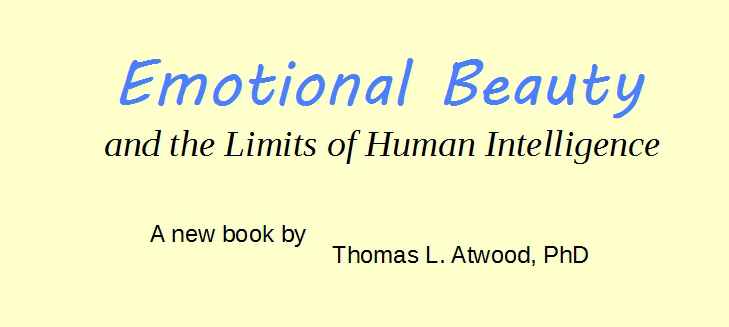
Before I submit it for publication I would like to have input about what you like and don't like about the things I write here. At this point I'm mainly interested in criticism. What can I do to make it better? Is some of it boring? Does some of it need more elaboration? Rebecca has done the editing for grammar, etc., so I'm not asking for any of that. I just need other eyes to look this thing over and react to it.
The book is currently 200+ pages (including illustrations!). If you think you might be interested in reading it and writing a short critique, email me and I'll assign you a password so you can download a copy. The preface follows, to help you decide if this is worth your time and effort.
-TomBy understanding our own behavior, we may be able to use our self-awareness to change our circumstances, making ourselves happier and more productive. By better understanding the behavior of others, we can perhaps see their faults not as indications of evil but merely as indications of their inherited humanness, residuals from a very different evolutionary environment than we now inhabit.
Our evolutionary past provided us with an emotional foundation well-suited to helping us survive in primitive natural environments. We evolved an overlay of high intelligence to watch over our emotions and to coordinate our behavior in social groups. These evolutionary changes occurred because they provided our species with greatly enhanced survivability.
But we are now caught in a serious dilemma. We have used our intelligence to create a civilized environment that provides each of us with safety and productivity vastly greater than our previous primitive living environments. This civilization greatly enhances the survivability and prospering of our species. But evolution is a very slow process. We were not evolved to live and prosper in a technological civilization. We are not well-adapted for it. This not only causes problems for each of us individually, but in some ways it even threatens the continued existence of our species.
This book is an in-depth exploration of how our emotions dominate our intellect. This may come as a shock to many people, but people are animals. What we can learn about animal behavior applies to human behavior. We are only different from the other animals in limited exceptional ways. We can speak and understand one another's thinking. We can read and write. We can drive a car and balance a checkbook. But we are very much like them fundamentally. We are very much like them emotionally. This book explores the consequences for us of this interesting observation.
We think of ourselves as intelligent beings. But mostly, we behave emotionally, not rationally. For a lot of people--perhaps most people--engaged in the internal battle of intellect versus emotion, emotion triumphs. Our wants often take priority over our needs. The first step to overcoming this problem is to recognize and understand it. Hopefully, this book will help with that. Because this book relates human and animal behavior, it will also provide some new insights into the feelings and behavior of your family pets.